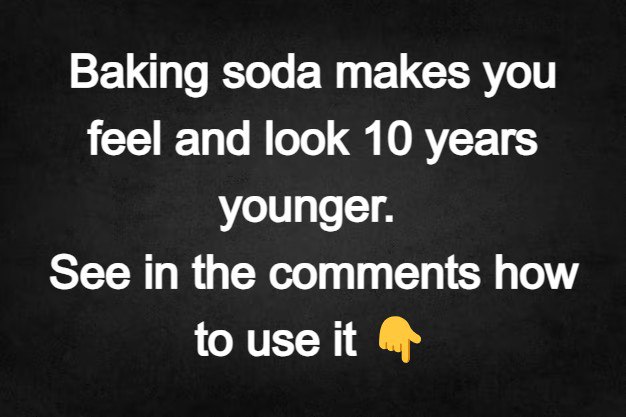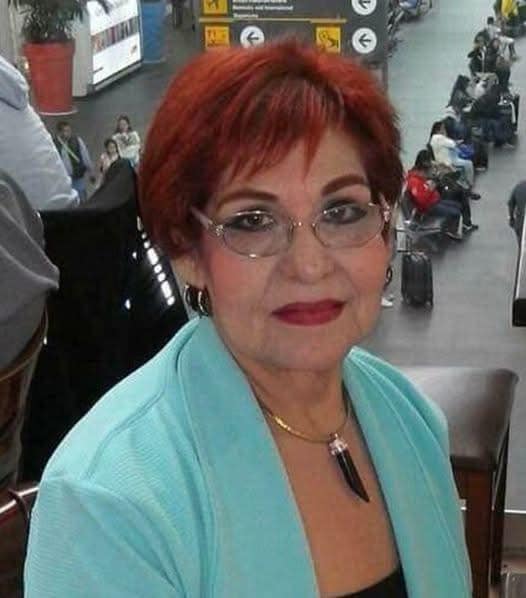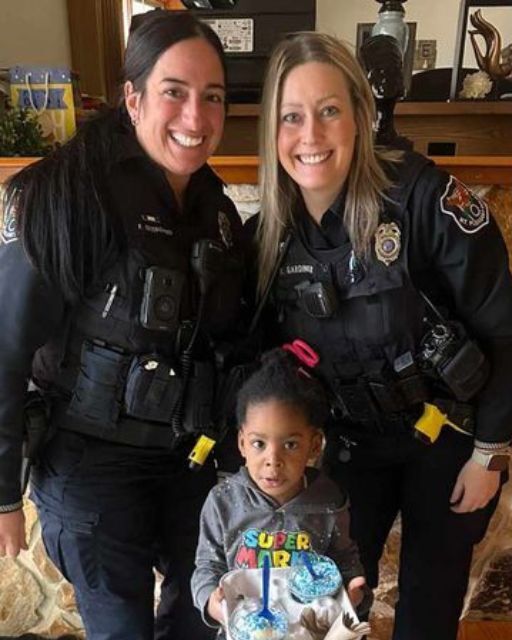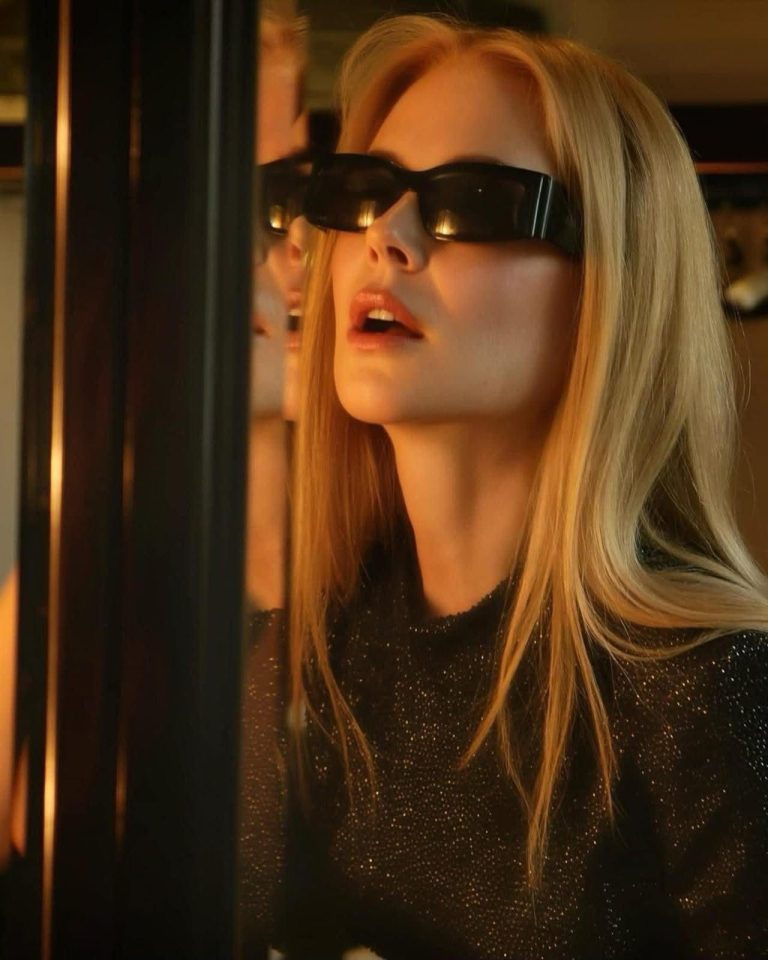Man Finds a Smashed Phone on the Roadside, When He Inserts the SIM Card Into His Own Phone and Calls Daughter, His Heart Stops
I never set out to be anyone’s hero—I was just a thirty‑year‑old programmer who lived with his mother, Helen, out of necessity and companionship. My father walked away before I was born, and Mom and I clung to each other through lean years and empty houses. Romance had always eluded me—my social life was mostly code and gadgets—so I found comfort in our Saturday‑morning ritual: her homemade pancakes and my trips to the bakery for fresh rolls.
That crisp autumn morning began like any other. I was halfway to the bakery when my sneaker scraped against something hard. I bent to pick up a battered old phone, its screen shattered, its casing dented. It wasn’t worth much, but I couldn’t ignore the way it lay abandoned by the curb, as though someone had dropped it in a hurry. I slipped it into my pocket and finished my errands, curiosity churning all the way home.
Over breakfast, I extracted the SIM card and slid it into my backup phone. A single contact stood out—“Daughter.” My heart tightened. Who had lost this phone? Who was this child? On impulse, I dialed the number. After a moment, a small, trembling voice answered: “Mom?” I stammered an apology, prepared to hang up, but the little girl’s next words stopped me cold: “Where is she?”
Her name was Julie, and her mother, Victoria, had gone out the day before and never returned. Alone in her wheelchair, six‑year‑old Julie couldn’t move herself, and her voice quivered with fear. I felt something shift inside me—protective instincts I didn’t know I had. “Julie, I’m Alan. I’ll come get you,” I promised, my voice steadier than I felt.
Mom and I caught a cab to Independence Street. The building’s flickering lights and overstuffed mailboxes hinted at lives lived in silence. I knocked on Apartment 18, and Julie’s hesitant voice invited us in. There she sat: frail, pale, eyes wide with relief and exhaustion. “Will you find my mom?” she whispered. My throat closed, but I nodded. “I promise.”
After making sure Julie had something to eat, I searched online and found a news report: a woman named Victoria had been critically injured in a hit‑and‑run and was in the ICU at Parkova Street Hospital. My pulse thundered as I called ahead and learned she’d regained consciousness but was too weak to advocate for herself. Mom and I arranged for Julie to stay with a kindly neighbor while we raced to the hospital.
Victoria lay bruised and bandaged when we arrived. Her eyes fluttered open as I knelt beside her, gently explaining how Julie was safe and waiting. Tears welled in her eyes as guilt and relief warred across her face. She told us how she’d been rushing home to refill Julie’s prescriptions when the accident happened, and how she’d been too ashamed to ask for help before now.
I realized then that Julie and her mother had been trapped by pride and circumstance. “You’re not alone anymore,” I told Victoria. Over the following weeks, I coordinated with donors and specialists to secure the surgery Julie needed. Helen organized meals and rides, while I navigated medical appointments and paperwork. Slowly, Julie’s strength returned, and Victoria’s gratitude deepened into something neither of us expected.
Months later, I stood in the rehabilitation center as Julie took her first unsteady steps, clutching my hand. Victoria watched, tears streaming, her voice thick with emotion: “I don’t know how to thank you.” I shook my head. “You already have,” I said. In that moment, our lives intertwined in a way that felt both natural and miraculous.
Today, I’m married to Victoria, and Julie is my daughter in every sense of the word. Our little family—once strangers bound by a broken phone—now shares breakfast at the same table where Helen still joins us, pancakes and all. Curiosity may have saved Julie that autumn morning, but love and community built the home we never saw coming.






